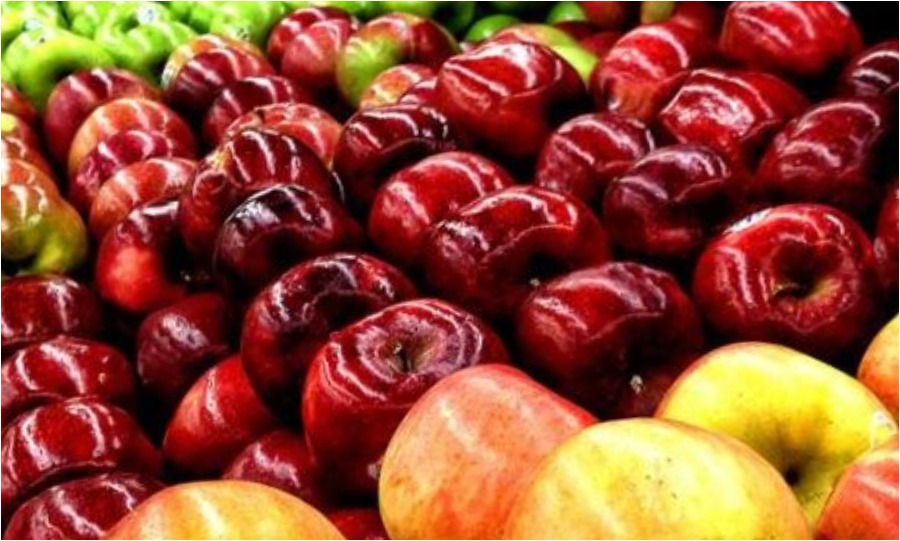
The fiber content in fruits and vegetables plays a crucial role in promoting a feeling of fullness, aiding in weight management, and supporting healthy digestion. Here are some key points about the importance of fiber in fruits and vegetables:
- Feeling of Fullness: Dietary fiber has the ability to absorb water and expand in the stomach, creating a sense of fullness or satiety. When you consume fiber-rich fruits and vegetables, you are more likely to feel satisfied and less inclined to overeat, which can help with weight management and prevent excessive calorie intake.
- Slow Digestion: Fiber slows down the digestion and absorption of nutrients in the digestive tract. This slower digestion rate helps maintain more stable blood sugar levels, preventing rapid spikes and crashes that can lead to hunger and cravings.
- Gut Health: Fiber acts as a prebiotic, promoting the growth of beneficial gut bacteria. A healthy balance of gut bacteria is linked to improved digestion, enhanced immune function, and a reduced risk of certain digestive disorders.
- Regular Bowel Movements: Insoluble fiber, found in the skins and seeds of fruits and vegetables, adds bulk to stool and helps move waste through the digestive system. This supports regular bowel movements and prevents constipation.
- Cholesterol Management: Some soluble fibers, such as pectin in apples and citrus fruits, can help lower LDL cholesterol levels by binding to cholesterol molecules and promoting their excretion from the body.
- Heart Health: A diet rich in fiber from fruits and vegetables has been associated with a reduced risk of heart disease and stroke due to its positive effects on cholesterol levels and blood pressure.
- Weight Management: High-fiber foods are often lower in calorie density and can help you feel fuller with fewer calories. This can be beneficial for those trying to manage their weight.
To maximize the fiber content in fruits and vegetables:
- Keep the Skin: Whenever possible, consume fruits and vegetables with their skin intact, as much of the fiber content is found in or near the skin.
- Choose Whole Fruits: Opt for whole fruits over fruit juices, as whole fruits retain their natural fiber, while juices may lack it.
- Variety Matters: Incorporate a diverse range of fruits and vegetables into your diet to benefit from various types of fiber and a wide array of nutrients.
Remember to increase your fiber intake gradually and drink plenty of water to help prevent discomfort, as sudden increases in fiber consumption may lead to bloating or gas in some individuals. The recommended daily intake of fiber is around 25 grams for women and 38 grams for men, but individual needs may vary based on factors such as age, gender, and activity level.
By incorporating fiber-rich fruits and vegetables into your diet, you can enjoy numerous health benefits while supporting your overall well-being and digestive health.
